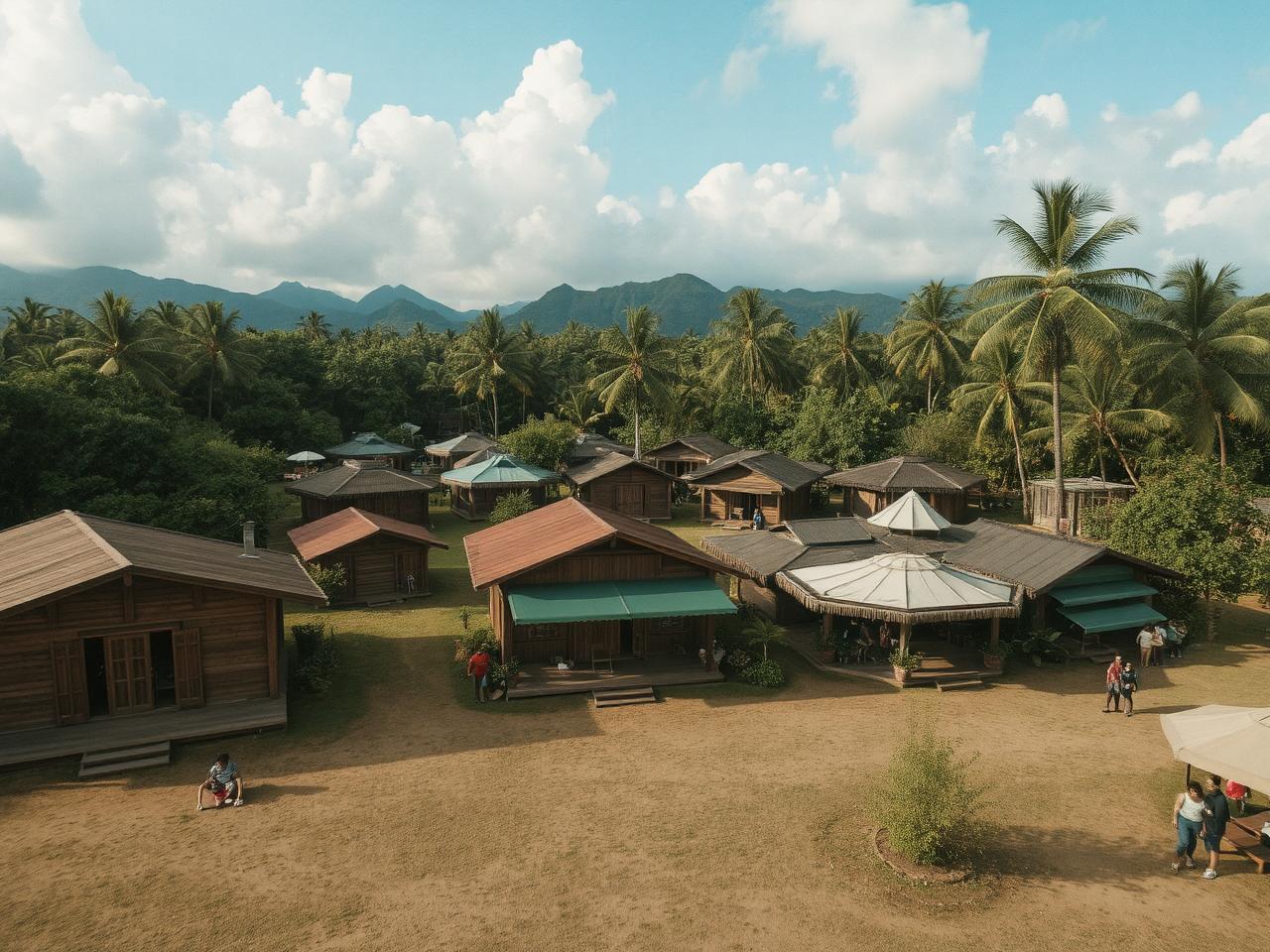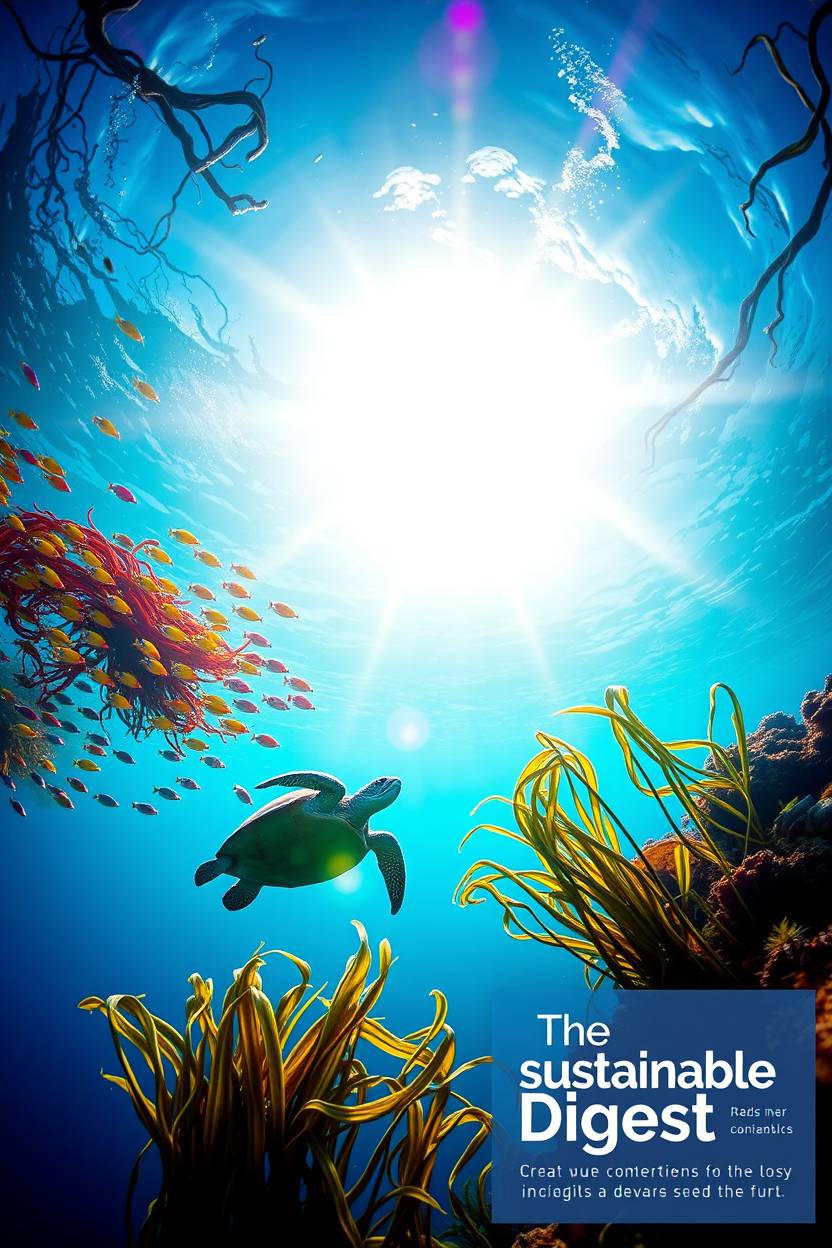
The world’s oceans have been a vital part of our planet since the beginning of time, housing ancient creatures like jellyfish that date back at least 650 million years. As we continue to explore the depths of our oceans, we discover a vast array of species, from tiny zooplankton to massive blue whales.
As we approach several significant observances, including World Ocean Day, Temotu Province Day, National Week of the Ocean, and Race Unity Day, it’s essential to reflect on their importance in promoting ocean conservation, cultural heritage, and community unity. These celebrations not only raise awareness about the vital role our oceans play in sustaining life on Earth but also foster a sense of unity and cooperation among communities worldwide.

The Significance of Ocean Conservation Days
The world’s oceans are facing unprecedented threats, making ocean conservation days more crucial than ever. Our oceans play a vital role in sustaining life on Earth, and it’s essential to recognize their importance.
Understanding Our Ocean’s Vital Role
The world’s oceans cover approximately 70% of the Earth’s surface and contain about 97% of our planet’s water. They produce over half of the world’s oxygen through marine plants and algae, demonstrating their critical role in sustaining life.
The oceans are also a rich source of resources, supporting human civilization through food, medicine, transportation, and economic opportunities.
Global Recognition of Marine Protection
International recognition of ocean conservation has grown significantly in recent decades as scientific understanding of marine ecosystems has improved. The United Nations and other global organizations have established various ocean-focused observances to coordinate worldwide conservation efforts.
These conservation days provide platforms for sharing scientific research and innovative solutions to address threats facing our oceans.
World Ocean Day: A Global Movement

Since its inception in 1992, World Ocean Day has evolved into a global initiative for ocean conservation. The day was first proposed by Canada’s International Centre for Ocean Development and the Ocean Institute of Canada at the Earth Summit in Rio de Janeiro, Brazil.
History and Evolution
World Ocean Day emerged as a response to the growing need for ocean conservation. Initially, it was a grassroots movement that gained international recognition in December 2008, when the United Nations officially acknowledged it. Over the years, it has transformed from an educational event to a platform for concrete conservation actions and policy changes.
The UN’s Role in Ocean Conservation
The United Nations plays a crucial role in coordinating World Ocean Day activities globally. The UN Oceans Conference is a significant extension of this mission, bringing together governments and stakeholders to forge partnerships for ocean conservation. In March 2023, a historic agreement was reached on protecting marine biodiversity, demonstrating ongoing progress in ocean conservation efforts.
How to Participate in World Ocean Day
Individuals can participate in World Ocean Day by making pledges through The Ocean Project’s website, which offers ideas for celebrations and conservation actions. Activities include beach cleanups, sharing ocean facts, and the “We are blue, tell two” challenge, which encourages participants to wear blue and share information about ocean conservation.
National Week of the Ocean: Raising Awareness
Beyond the single day of celebration for World Oceans Day, National Week of the Ocean serves as a prolonged period of education and action regarding ocean conservation. This week-long observance is crucial for sustaining attention to ocean issues, allowing for more in-depth educational initiatives and community activities.
The Origins and Purpose
National Week of the Ocean originated as a way to provide more sustained attention to ocean issues. The primary purpose is to raise public awareness about the benefits oceans provide to humanity and the serious threats they face from human activities. Oceans generate half of the oxygen we breathe and regulate our climate, making their conservation vital.
Activities and Educational Initiatives
During National Week of the Ocean, various activities are organized, including documentary screenings and beach cleanup events. Educational initiatives focus on marine biodiversity, highlighting that oceans contain up to 80% of all life on Earth. Digital resources and website content created for this week remain available year-round, providing valuable materials for schools and individuals interested in ocean conservation.
Celebrating World Ocean Day, Temotu Province Day, National Week of the Ocean, and Race Unity Day

The observance of World Ocean Day, Temotu Province Day, National Week of the Ocean, and Race Unity Day underscores the critical role of the ocean in our lives and the need for unity in protecting it.
These four observances, while distinct in their specific focus, share common themes of sustainability, community connection, and respect for natural and cultural heritage.
Temotu Province Day: Honoring Island Heritage
Temotu Province Day celebrates the unique island heritage of this Solomon Islands province, where ocean conservation is intrinsically linked to cultural identity and survival. The people of Temotu Province have maintained traditional practices of sustainable fishing and ocean resource management for generations.

Race Unity Day: Connecting Communities
Race Unity Day promotes harmony and understanding between different communities, recognizing that environmental challenges like ocean conservation require collaborative solutions across cultural boundaries. This observance encourages people to recognize their shared humanity and common home on a planet dominated by ocean waters.
Shared Values Across Celebrations
The shared values across these celebrations include respect for diversity (both human and marine), sustainability of resources, and recognition of our interdependence with natural systems. Community events often combine elements of all four observances, with cultural performances, educational activities about ocean conservation, and unity-building exercises.
| Observance | Focus | Shared Values |
|---|---|---|
| World Ocean Day | Global ocean conservation | Sustainability, community connection |
| Temotu Province Day | Island heritage and ocean conservation | Respect for diversity, sustainability |
| National Week of the Ocean | Raising awareness about ocean conservation | Interdependence with natural systems |
| Race Unity Day | Promoting harmony and understanding | Community connection, respect for diversity |

Conclusion: Our Collective Responsibility
The collective observance of World Ocean Day, Temotu Province Day, National Week of the Ocean, and Race Unity Day underscores the intricate relationship between the health of our ocean and the wellbeing of people worldwide.
These celebrations highlight that ocean conservation is not merely an environmental issue but a matter of cultural preservation, economic sustainability, and global unity. As we move forward, individual actions and policy changes at local, national, and international levels will be crucial in protecting our world ocean and, by extension, our world. Ensuring the health of our ocean is an intergenerational responsibility that requires immediate attention and collective action.

Key Takeaways
- Understanding the significance of World Ocean Day, Temotu Province Day, National Week of the Ocean, and Race Unity Day.
- Exploring how these observances promote ocean conservation and community unity.
- Discovering practical ways to participate in these celebrations and contribute to their causes.
- Recognizing the interconnectedness of these observances in promoting environmental stewardship.
- Learning about the importance of our oceans in sustaining life on Earth.

